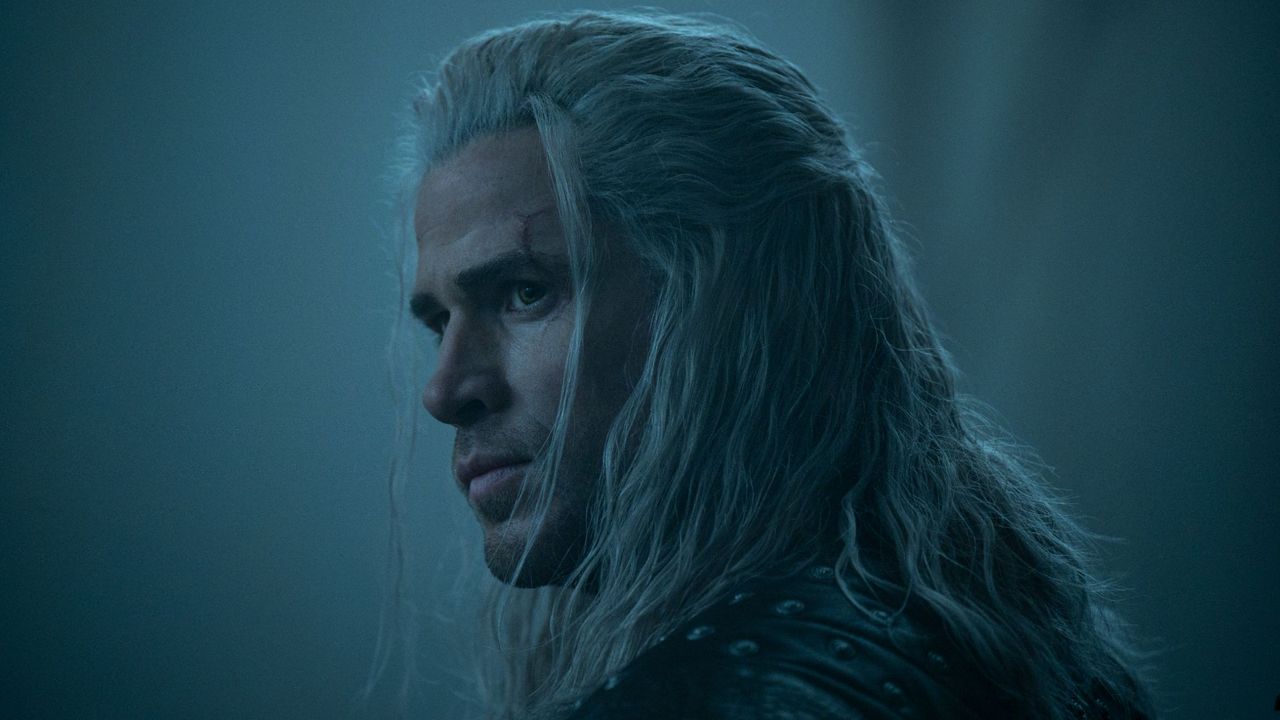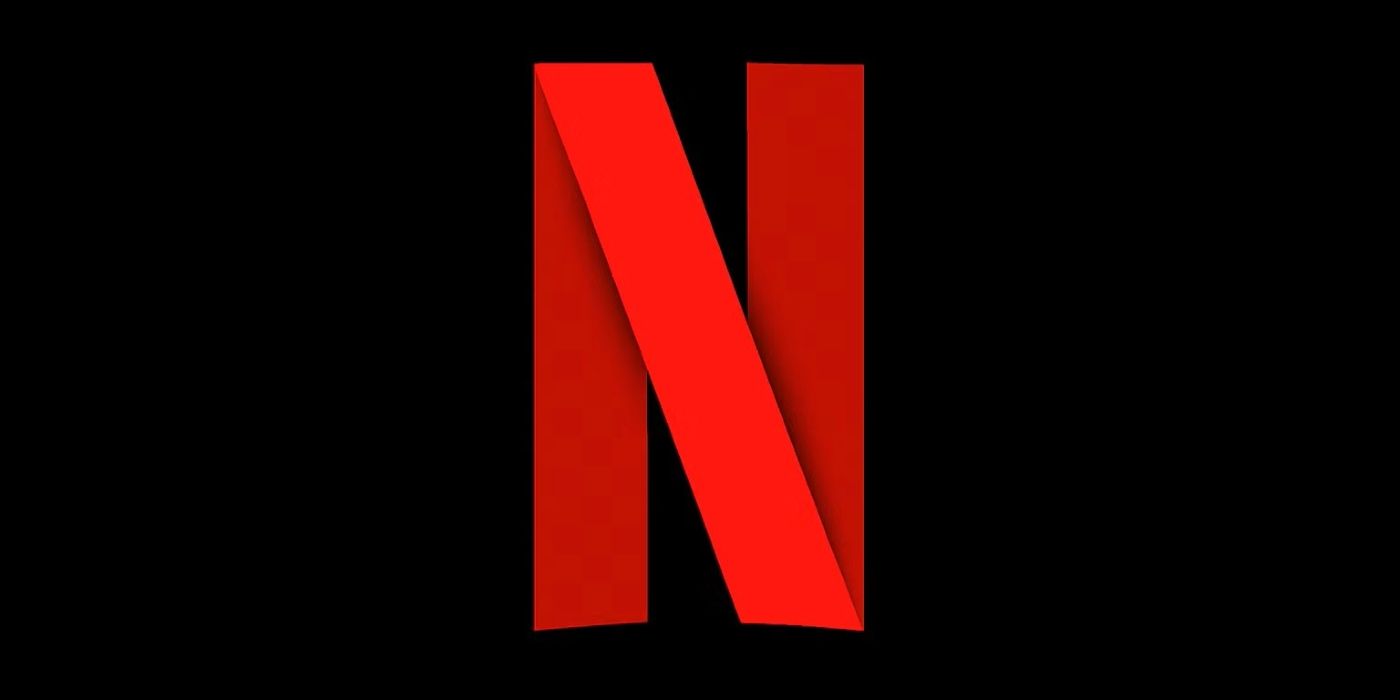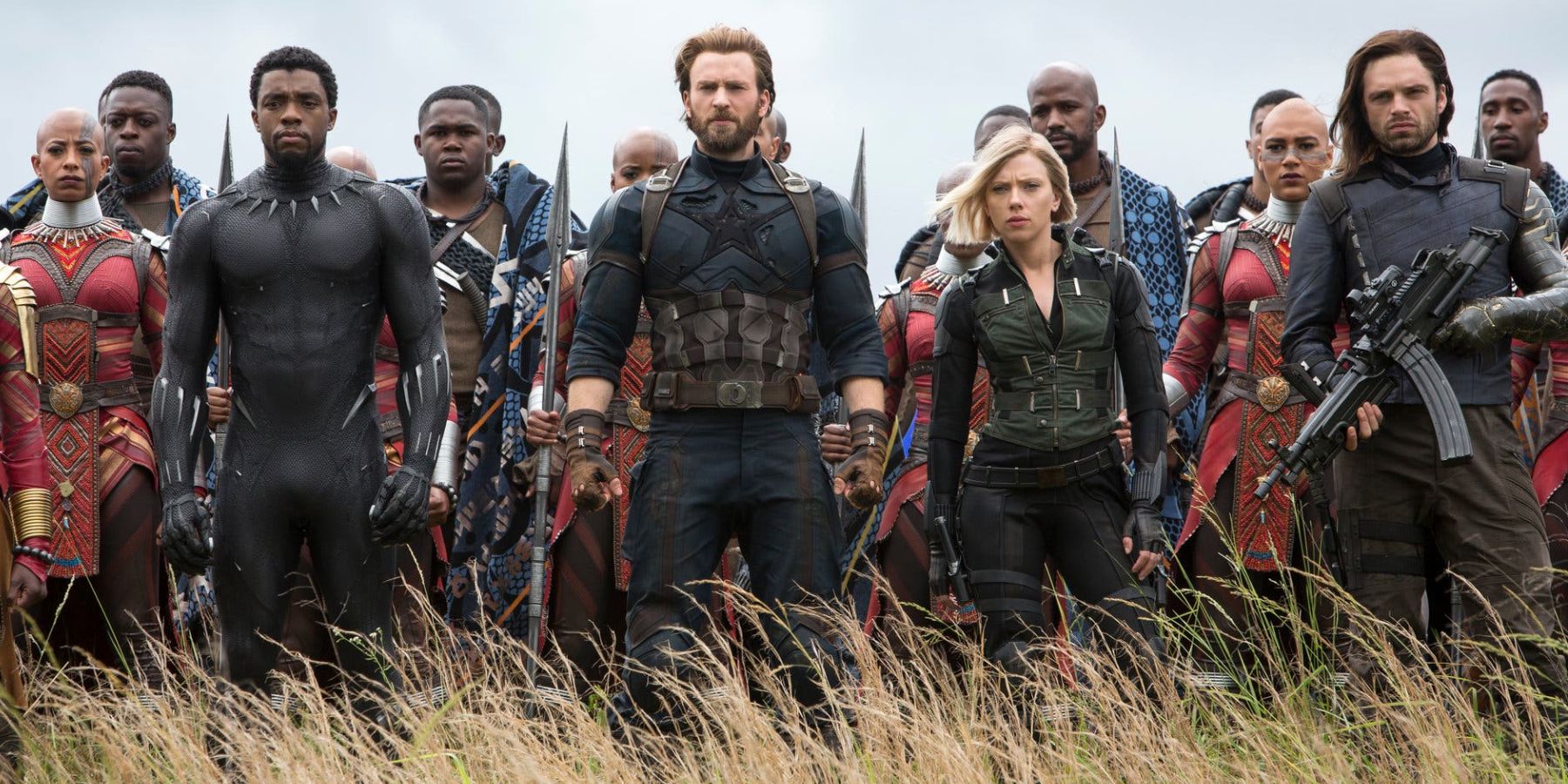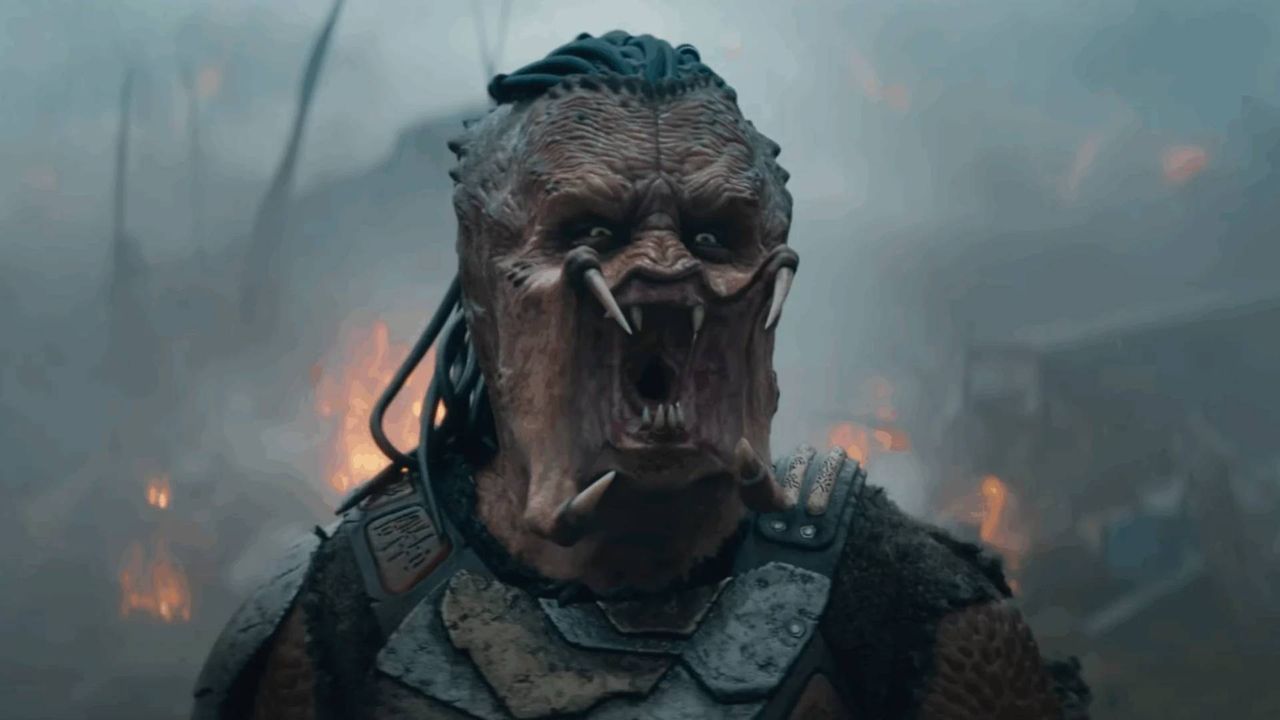Liam Hemsworth’s Transformation into Geralt Sparks Outrage: A Relentless Pursuit of Perfection or an Insult to the Legacy of the Character?
The Witcher franchise has long been a cultural touchstone, captivating audiences with its rich storytelling, complex characters, and the moral ambiguities of its world. As the series prepares to enter its fourth season, the casting of Liam Hemsworth as Geralt of Rivia has ignited a firestorm of debate among fans, critics, and industry insiders alike. The praise from the cast about Hemsworth’s “energy” and his relentless dedication to embodying Geralt raises questions about the very essence of character portrayal and the evolving nature of fandom in the age of social media.
The Witcher, based on the works of Polish author Andrzej Sapkowski, first gained international acclaim through its video game adaptations and later through the Netflix series. The character of Geralt, a monster hunter known for his stoic demeanor and moral complexity, was initially brought to life by Henry Cavill. Cavill’s portrayal was met with widespread acclaim, leading to a strong fan attachment to his interpretation of the character. The transition to Hemsworth has not only shifted the dynamic of the show but also prompted a reevaluation of what it means to take on such an iconic role.
Hemsworth’s preparation for the role reportedly involved extensive training and immersion into the character’s world. The cast has noted that he arrived on set “fully formed,” indicating a level of commitment that is often lauded in the entertainment industry. This dedication can be likened to the rigorous preparation athletes undergo before major competitions, where the stakes are high, and every detail counts. However, the question remains: does such preparation justify the replacement of a beloved actor, or does it serve as a mere distraction from the legacy they leave behind?
The backlash against Hemsworth’s casting is reminiscent of historical instances where new leadership or change in representation has sparked controversy. Just as political figures often face scrutiny when succeeding predecessors with strong followings, Hemsworth’s entry into the role of Geralt has drawn comparisons to the tumultuous transitions seen in various sectors of entertainment and politics. Fans who felt a deep connection to Cavill’s portrayal may view Hemsworth’s efforts as an affront to the character’s established identity, creating a rift that echoes the divisions seen in contemporary society.
Social media has amplified these sentiments, allowing fans to voice their opinions and rally support for their preferred actors. The phenomenon of “cancel culture” has become a significant aspect of modern fandom, where even perceived missteps can lead to widespread backlash. Hemsworth’s portrayal will undoubtedly be scrutinized through this lens, as audiences weigh his performance against the high bar set by Cavill. This environment fosters an atmosphere where loyalty to a particular actor can overshadow appreciation for the character itself, complicating the relationship between fans and the material.
The Witcher series is not just a story about monsters and magic; it is also a reflection of human nature, morality, and the choices we make in the face of adversity. Geralt’s character embodies these themes, making the portrayal of him a significant undertaking. Hemsworth’s commitment to the role may bring a fresh perspective to Geralt’s journey, but it also raises the stakes for how audiences will receive this new interpretation. The expectations are high, and the pressure on Hemsworth to deliver a performance that resonates with both new viewers and long-time fans is immense.
As the series progresses, the implications of Hemsworth’s portrayal extend beyond just the screen. They touch on broader themes of identity, legacy, and the evolving nature of storytelling in a rapidly changing cultural landscape. The Witcher represents a convergence of literature, gaming, and television, each medium bringing its own set of expectations and interpretations. Hemsworth’s role as Geralt is not merely about acting; it is about navigating the intricate web of fan expectations, legacy, and the ever-present desire for innovation.
The discussions surrounding Hemsworth’s casting also highlight the challenges faced by the entertainment industry in adapting beloved characters for new generations. As cultural narratives evolve, so too do the interpretations of iconic figures. The challenge lies in balancing respect for the original portrayal while also allowing room for growth and change. Hemsworth’s journey as Geralt may serve as a case study in how these dynamics play out, illustrating the complexities of modern fandom and the impact of social media on public perception.
The Witcher series has always been about the grey areas of morality, where right and wrong are not easily defined. This thematic complexity is mirrored in the current discourse surrounding Hemsworth’s casting. Fans are grappling with their own beliefs about loyalty, change, and the nature of performance. The emotional investment in characters often leads to polarized opinions, creating an environment where discussions can quickly turn contentious.
In the end, the true test of Hemsworth’s portrayal will be the audience’s reaction. Will he be able to carve out his own identity as Geralt while honoring the legacy left by Cavill? Or will the weight of expectation prove too great, leading to a backlash that could overshadow his efforts? The answers to these questions will unfold as the new season airs, but the implications of this casting decision will resonate far beyond the screen, reflecting the ongoing dialogue about identity, representation, and the nature of fandom in a rapidly evolving cultural landscape.




